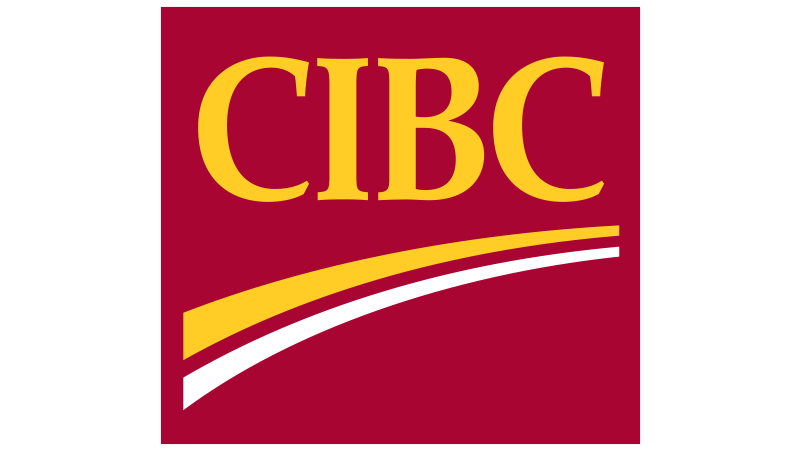Deceptive Marketing Practices
What marketers need to know
The Competition Act is a federal law governing most business conduct in Canada. The Act prohibits certain criminal offences (such as price-fixing and bid-rigging conspiracies, resale price maintenance, price discrimination and predatory pricing),
and also contains non-criminal provisions which allow the Competition Tribunal to review mergers and certain business practices (such as tied selling, exclusive dealing, refusal to deal and abuse of dominance).
Perhaps most importantly for marketers, the Competition Act prohibits misleading and deceptive advertising and marketing.
CMA Resources and Initiatives
- CMA Blog: Performance claims: Insights for marketers from the Competition Bureau
- CMA Blog: Competition Bureau outlined strategic vision to 2024, enforcement in online marketing a key priority
- CMA Blog: Influencer marketing rules - a primer on what you should know
- CMA Blog: Competition Bureau Releases its Annual Plan
- CMA Blog: Competition Bureau Updates
- CMA Guide: Promotional Contests (members-only)
About Deceptive Marketing Practice
The Competition Act provides two adjudicative regimes to address false or misleading representations and deceptive marketing practices.
- Under the criminal regime, the general provision prohibits all materially false or misleading representations made knowingly or recklessly. Other provisions specifically forbid deceptive telemarketing, deceptive notices of winning a prize, double ticketing, and schemes of pyramid selling.
- Under the civil regime, the general provision prohibits all materially false or misleading representations. Other provisions specifically prohibit performance representations that are not based on adequate and proper tests, misleading warranties and guarantees, false or misleading ordinary selling price representations, untrue, misleading or unauthorized use of tests and testimonials, bait and switch selling, and the sale of a product above its advertised price. The promotional contest provisions prohibit contests that do not disclose required information.
Enforcement
False or misleading representations and deceptive marketing practices can have serious financial consequences. Under the criminal regime, an individual may be fined and/or imprisoned for up to 14 years. Under the civil regime, individuals are liable to penalties of up to $750,000 and corporations are liable to penalties of up to $10,000,000. For subsequent occurrences, the penalties increase to a maximum of $1,000,000 for individuals and $15,000,000 for corporations







